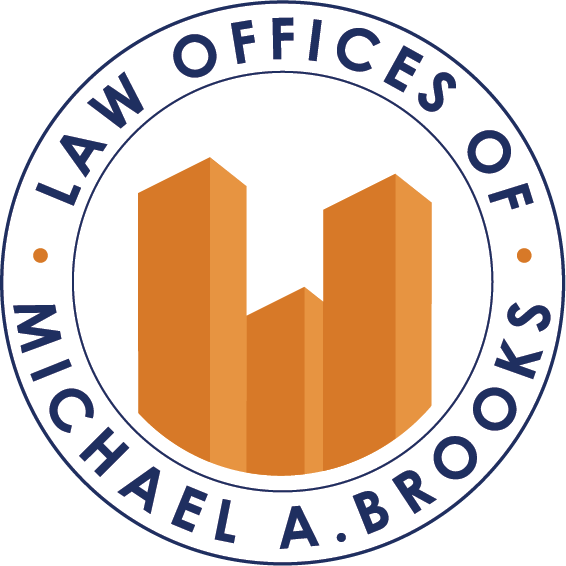HOW DOES THE ADVERSE POSSESSION OF REAL ESTATE WORK?
On behalf of Michael Brooks of Law Offices of Michael A. Brooks posted in commercial real estate acquisitions & dispositions on Friday, April 20, 2018.
Adverse possession is an unusual quirk of property law. Essentially designed to help settle boundary disputes or to give property owners their rights back when the documentation of ownership was haphazard, adverse possession laws have the ability to turn squatters into owners.
For example, imagine that you own a large tract of wooded land. A man decides to move into an old hunting shack out there and make it his own. You’re aware of his presence, but decide to not to make him leave. There’s a possibility, depending on what he does, that he could end up the owner of the shack, the property it sits on and whatever part of the land he maintains for his use.
In California, in order for the squatter to gain title to the shack and any of your land around it, he would have to:
- Either enclose the land he’s claiming inside a fence, cultivate the land or somehow improve the property
- Do so openly for five continuous years
- Pay the taxes on the land he has claimed
In addition, you would have to fail to take any action to stop him or assert your right to the property — including paying the taxes yourself.
It doesn’t particularly matter if the man living on the land believed the property was his from the start or knew that it really belonged to you — his claim of ownership is hostile to yours.
Adverse possession can be a real problem for absent landowners. If you hold title to some undeveloped property, an empty lot in a city or an empty house somewhere, it’s very possible that someone else could claim it if you aren’t paying attention.
To prevent the problem of adverse possession:
- Pay your property taxes in a timely manner
- Visit your property at least once a year in person
- Document your visit, preferably with photos, to show that the property is uninhabited
- Get legal advice if you find out that someone else has paid taxes on your property
- Begin eviction proceedings against anyone you find living on or using your property
- Consider encroachments — the use or claiming of a small part of your property on its boundaries by someone else — a serious issue
Remember, in real estate law, you can never be too careful — a relaxed attitude toward possession can end up being very costly.
Source: lawshelf.com, “Acquisition by Adverse Possession,” accessed April 20, 2018
Related Posts: Bad real estate deal lands Taylor Swift in lawsuit, What’s the difference between mineral rights and surface rights?, Short sales can make a good bargain, Homeowners’ associations: What you need to know before you buy
